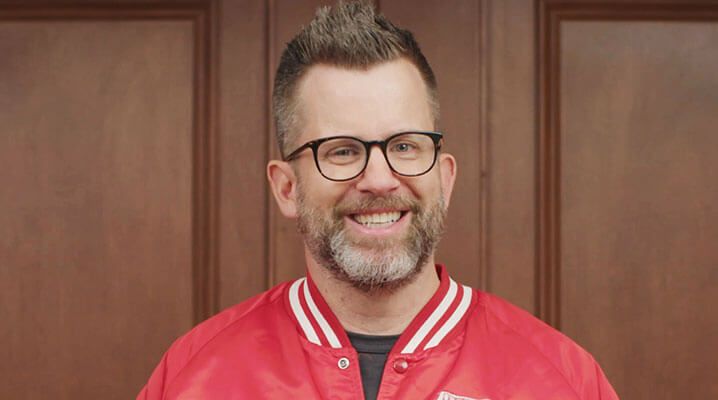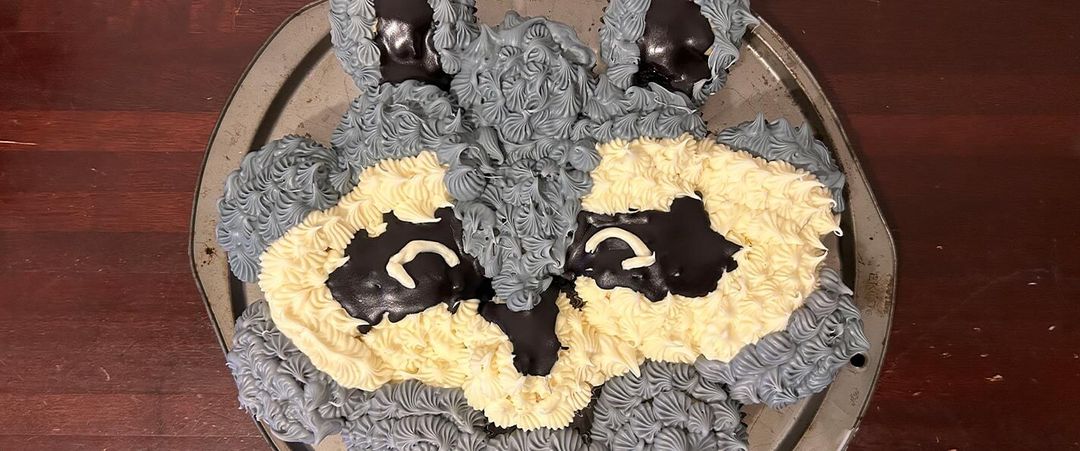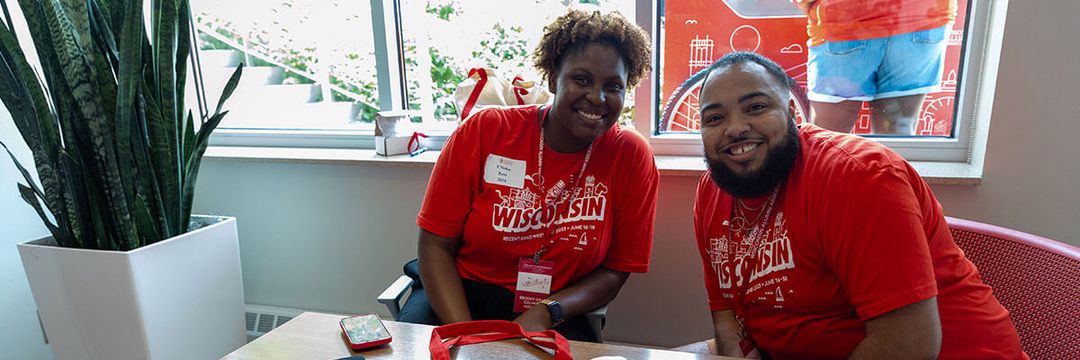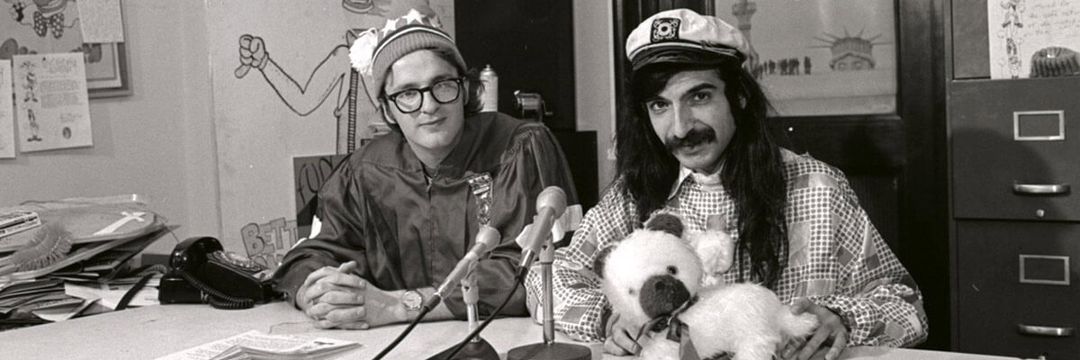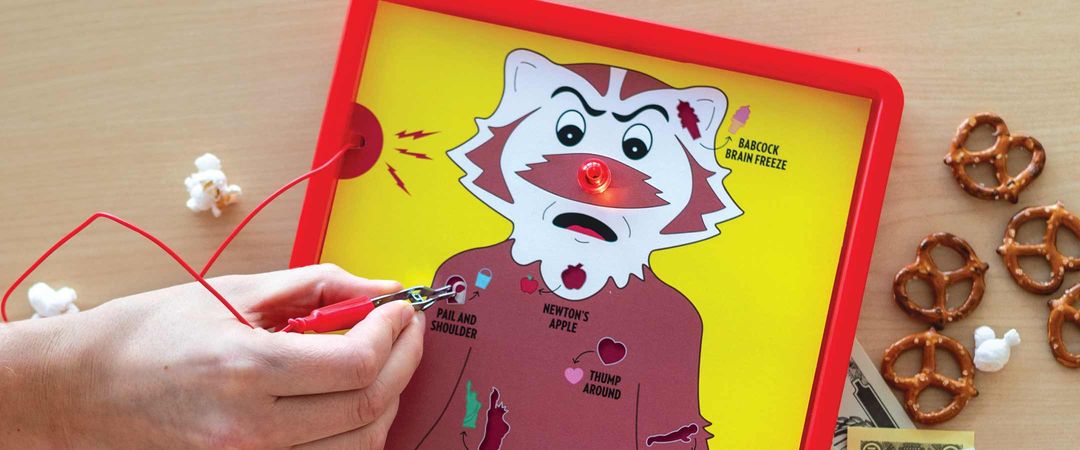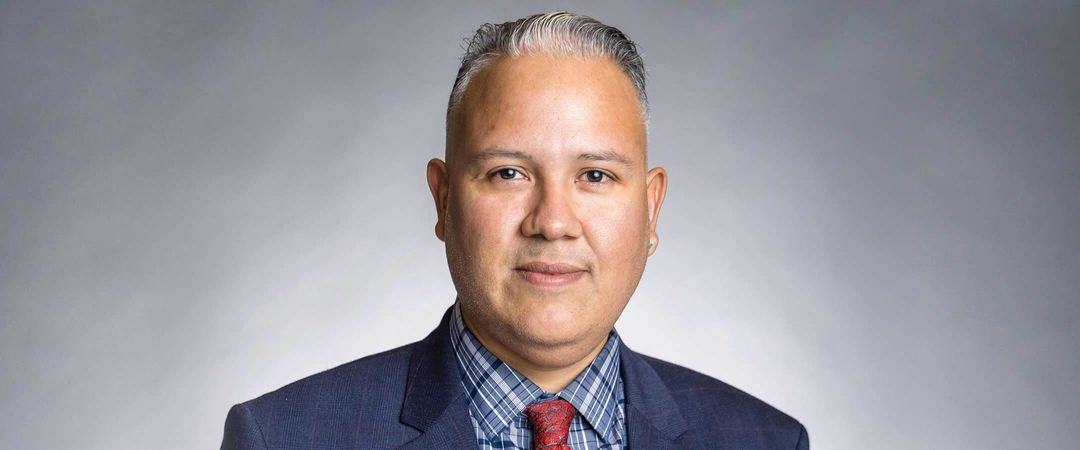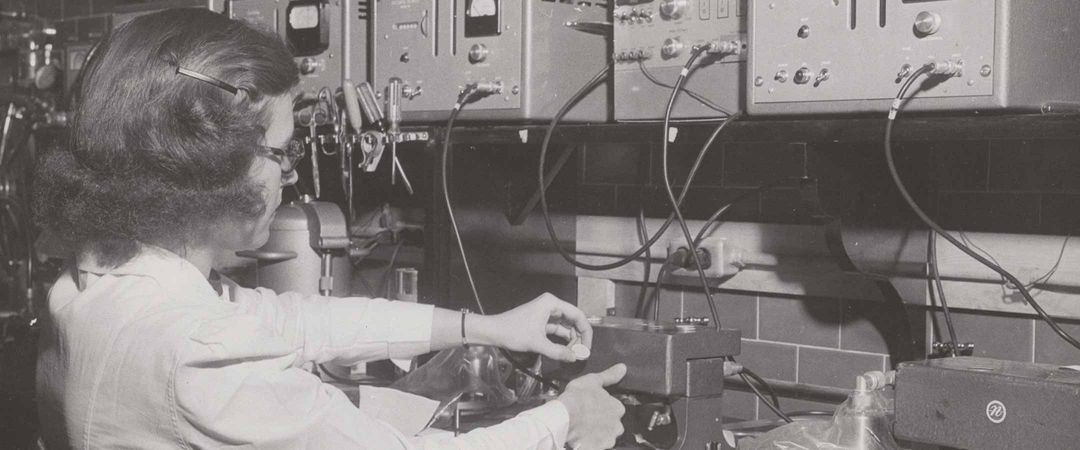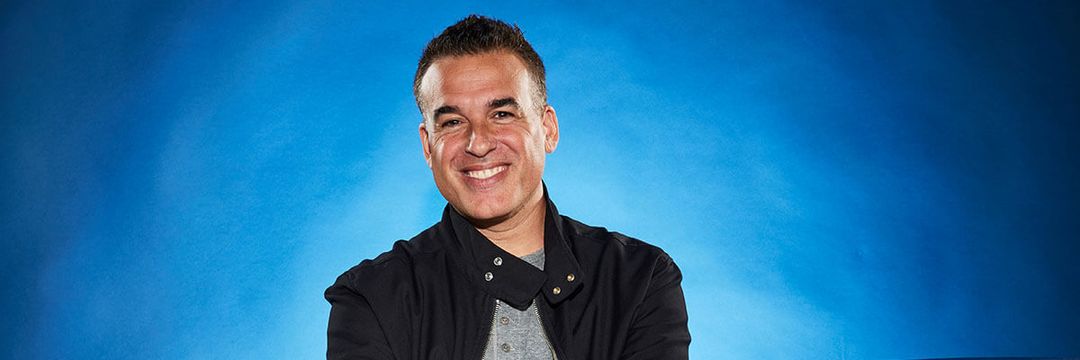“This may be the most dramatically strange undertaking in the history of professional sports,” remarks Jason Gay ’92, who covers sports and life in his Wall Street Journal columns. With the future of professional sports — and so many other things — hanging in the balance, Gay shares his thoughts about the return of athletic competitions in the wake of the COVID-19 pandemic and the protests following the murder of George Floyd in May.
Earlier this summer, we saw professional sports such as the NHL, basketball, and soccer coming back. We had NASCAR racing in front of empty stadiums. How do you think this is going to work with no fans in the stands?
The honest answer is, I’m not sure. I don’t know … what kind of environment these athletes and teams are going to be walking into because we’ve never been through anything like this before. This is just absolutely unprecedented in terms of trying to balance something that a great many people care about and want to see happen versus a major public health concern and a pandemic.
Do you think this is the right thing to do?
That’s an excellent question. I think that it’s the right thing to do if everybody who’s party to it is absolutely on board with it. When you have something like a professional league that has a players’ union [that] has to sign off on every last detail [including] financial applications and health care strategies, then I feel good about something like that. When you’re talking about college sports where the athletes aren’t necessarily part of the decision-making process, I think that’s a little bit more problematic. I think that’s something that worries me. And as a parent of people, or kids that are playing sports, obviously I want to make sure that their safety is premium there.
How does it affect you as a columnist? How are you going to be able to cover these events when you are not going to be able to be at a lot of these sporting locations?
My job will be impacted by this. It already has been impacted by this, but my problems could fit neatly onto the head of a pin compared to the individuals who have suffered dramatically during this experience already. People who have lost jobs, people have lost livelihoods, businesses and things like this. I am very fortunate that this is strictly an adjustment. This is going to be an experiment and adjustment to see how it goes. Maybe there will be elements of it that are going to be more challenging. But the fact of the matter is, I’m deeply lucky to be able to just keep on doing it in some form.
Following the murder of George Floyd in May, many athletes spoke out about systemic racism. Sports and racial injustice have crossed paths many times before.
We are amid an incredibly tumultuous time in American history. We followed a dramatic pandemic situation … with a massive outpouring of protests and grief throughout the country regarding the death of George Floyd. And a real reckoning, and not just sports, but in every walk of American life, about racism and about the treatment of the Black community and people of color. And these are seismic moments. I think this is an instance where sports — because it’s profile, because many of our greatest athletes are people of color — has a significant role to play historically. What’s very strange about this is … that people were sitting around in the middle of March going, “What the heck are sports writers going to write about for the next three to six months?” And I can tell you that we’ve never been busier, and we’ve never felt more relevant to the discussion that’s happening in this country.
Where do you think we go from here in terms of the conversation about systemic racism and athletics? Where do you think that goes from here?
I think it is incumbent on all of us to be open and listening and motivated to change, because it’s clear there’s an enormous amount of frustration in the country. People are protesting in every corner of this planet. It sounds corny, but I do believe that there is opportunity, and there certainly is history, where sports can be an agent of social change. And we have obviously great examples like Muhammad Ali or Jackie Robinson or Billie Jean King. But also at the smaller levels and [in] communities, I think that these things are going to be front and center of a lot of conversations in front offices and locker rooms. But I think the most important thing is, I don’t think it’s time for anybody to opt out.
